Subscribe for all my updates and don't miss a thing! Sign me up!
The Pimento Tree/ Allspice Plant- Explored
The Secret Taste Of Jamaica
Sharing Is Caring! Share this awesome content with your friends now.
Did you know that Pimento, scientifically known as Pimenta dioica, is Jamaica’s only indigenous spice, and the only spice native to the New World that is produced in commercial quantities?
Great! Now you know!
New! Take a piece of Jamaica with you💃!
Savour the memories! Now you can get your authentic Jamaican souvenir items, as well as traditional Jamaican herbs, spices and housewares on our popular e-store. Click Here to learn more.
And, if you ever need a trustworthy and knowledgeable local guide, consider booking a private tour with us!
New! Watch The Video !
Click Here to scroll down and watch it
Use by the tainos to prepare food, pimento grows elsewhere including Mexico, Central America, Cuba and Hispaniola but Jamaican pimento is regarded as best, and up to recently, had a virtual monopoly on world markets.
The handsome tree of the myrtle family (closely related to the Bay tree) but is widespread on the limestone derived soil of central parishes, especially St. Ann, thriving at lower elevations.
The tree grows 7-15 meters in height and its characteristic light-coloured bark peels easily from the trunk.
So what is Allspice? Is Allspice and Pimento the same thing?
Absolutely! The name Allspice came from the fact that the pimento berry is said to combine the flavours of Cinnamon, Clove, and Nutmeg.
It was called pimienta by the Spaniards but internationally is known and marketed as Allspice. Be sure to read our article on Jamaican allspice here
The spice is made from the immature berries that are about the size of black pepper grain, but are green when harvested, turning dark brown when dried alter reaping; each berry contains one or two small seeds. An aromatic oil is also extracted from the leaves.
Pimento Tree - Products & Uses
Jamaica still supplies dried pimento berry, berry oil and leaf oil internationally to be used in the meat processing, confectionery, perfume and pharmaceutical industries.
Locally here in Jamaica, it is a vital ingredient in jerk seasoning, jerk marinade & sauces, and is otherwise widely used in cooking.
Previously the male trees were thought to be useless for any purpose but propagation but they are now considered valuable in the production of pimento leaf oil. The berries are borne on the female trees and harvested while green.
Pimento oil is distilled from unripe berries that are dried and crushed. The berries that ripen on the tree turn dark purple and are used to make Pimento Dram or allspice liqueur.
Dried berries steeped in rum are also used to produce a medicinal draught much used for stomach aches. Crushed pimento leaves are used as a fever remedy.
All parts of the tree - wood, flower, berry and leaf, are aromatic!
New! Now you can get authentic Jamaican pimento wood (chunks) online! Click Here to purchase on my 'All things Jamaican' ETSY store!
Pimento Cultivation In Jamaica
It is only in relative recent times that the pimento has been formally cultivated. Since 1969, grafted pimento plants have been produced by the Ministry of Agriculture.
Previous to that though, the plants were grown mainly from seeds. Earlier landowners depended on the movement of birds that feed on the ripe berries that will take root where they are excreted.
The trees are dioecious though, meaning with male and female reproductive structures on separate trees. The Ministry of Agriculture recommended planting one male for every eight female trees in order to ensure successful pollination.
Today, it is found in all parishes in Jamaica, but is extremely popular in parts of St. Ann, Hanover and Westmoreland.
Pimento Harvesting
The Pimento tree blossoms between January and August each year, and the berries are ready for picking, usually between August and September when the air is filled with their aroma.
In the past they were reaped by the wasteful practice of breaking the berry-laden limbs from the tree and then picking off the individual berries into baskets; nowadays the small twigs that bear the berries are clipped from the tree.
The small round berries are spread out on a flat paved surface called a 'barbeque' to dry and are covered or taken up during rain and at nights.
That is continued, and turned, regularly for several days.
When the pimento is dry, the tiny seeds can be heard shaking inside the hull. The dried berries are then cleaned by fanning or hand picking to get rid of bits of stem, broken leaves, gravel and other residue.
New Video! See Pimento In LIVE Production! Enjoy!
I recently visited a small community in Westmoreland that is renowned for cultivating some of the best pimento in the island. Here is the video of my visit.
New! You can now get authentic Jamaican allspice (pimento), as well as other authentic Jamaican products conveniently via my Etsy store.
Here is the link:
https://www.etsy.com/listing/763878188/jamaican-pimento-berries-jamaican
You have received :-)
Now share you new found knowledge with your friends!
References:
- High Demand for Pimento, https://jis.gov.jm/high-demand-for-pimento/
- Olive Senior, Encyclopedia of Jamaican Heritage
- Jamaican Pimento, http://wwwchem.uwimona.edu.jm/lectures/pimento.html
- So What Exactly Is Allspice, Anyway?,https://www.huffpost.com/entry/what-is-allspice_n_5671b849e4b0dfd4bcc044e9?guccounter=1
- What Is Allspice? https://www.thespruceeats.com/what-is-allspice-p2-995556
Other Pages Related To The Pimento Tree
Return to Jamaican Food from The Pimento Tree
Return to My Island Jamaica from The Pimento Tree
New! Get My Latest Book👇🏿
|
You asked, I've answered! You no longer need to save for months or years, to enjoy paradise! I spilled the beans! sharing my top tips on finding cozy accommodations and secret gems, only the way a native could! Click Here to pick it up on my e-store and start saving now! |
See The Best Of Jamaica - In Videos!
|
My channel reaches over 140,000 subscribers worldwide and has leveraged over 11 million views, sharing, what I call 'The Real Jamaica'. Subscribe today and join our family of viewers. |
Read More ...
New! Experience The REAL Jamaica!
Book Your Private Tour here and experience Jamaica the way we (locals) do!
P.S. Didn't find what you were looking for?
Still need help?
Click Here to try our dependable and effective Site Search tool. It works!
Or, simply click here and here, to browse my library of over 500 questions and answers! Chances are someone already asked (and got an answer to) your question.

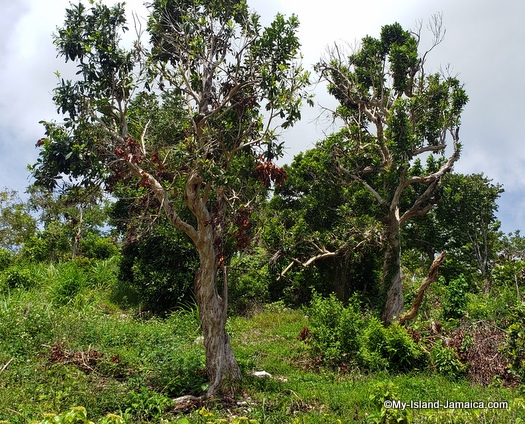
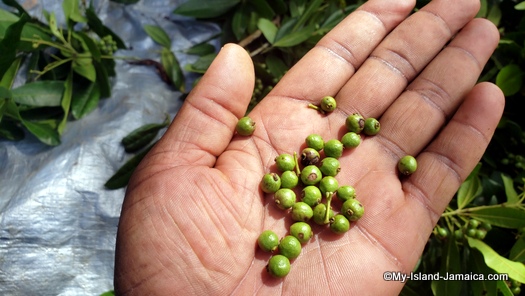
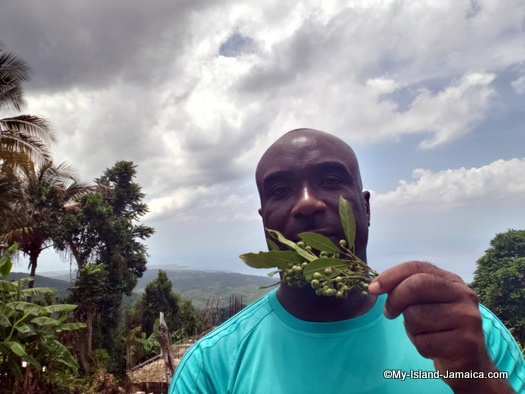
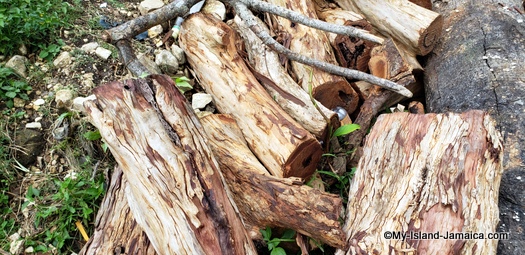
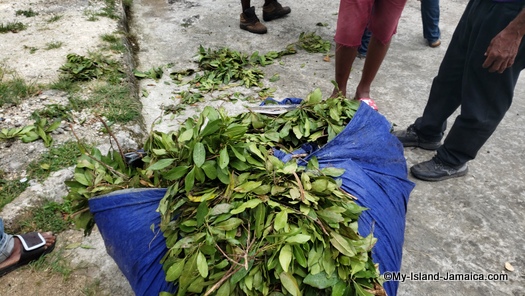
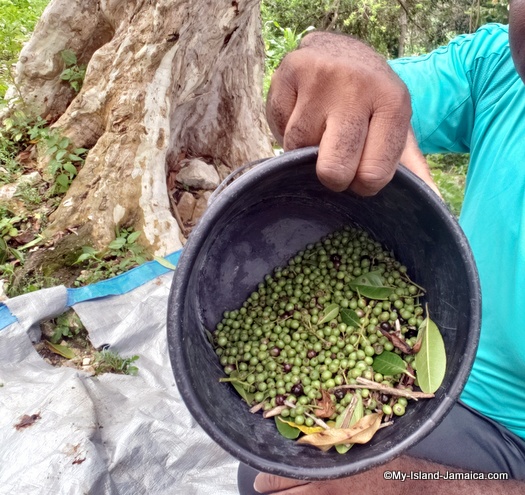
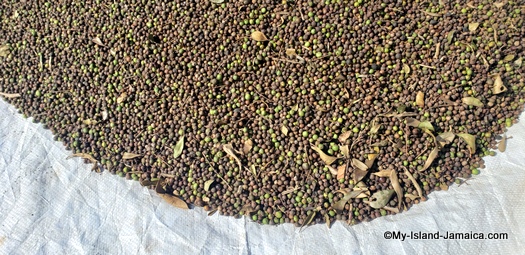
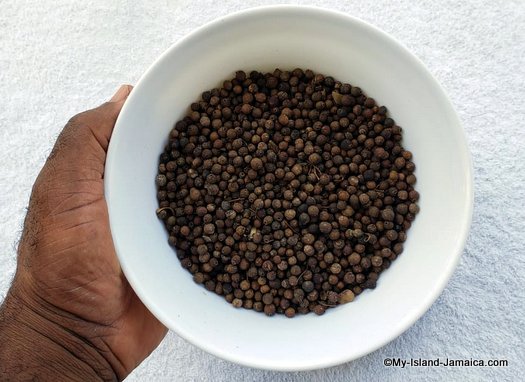












New! Comments
Have your say about what you just read! Leave me a comment in the box below.